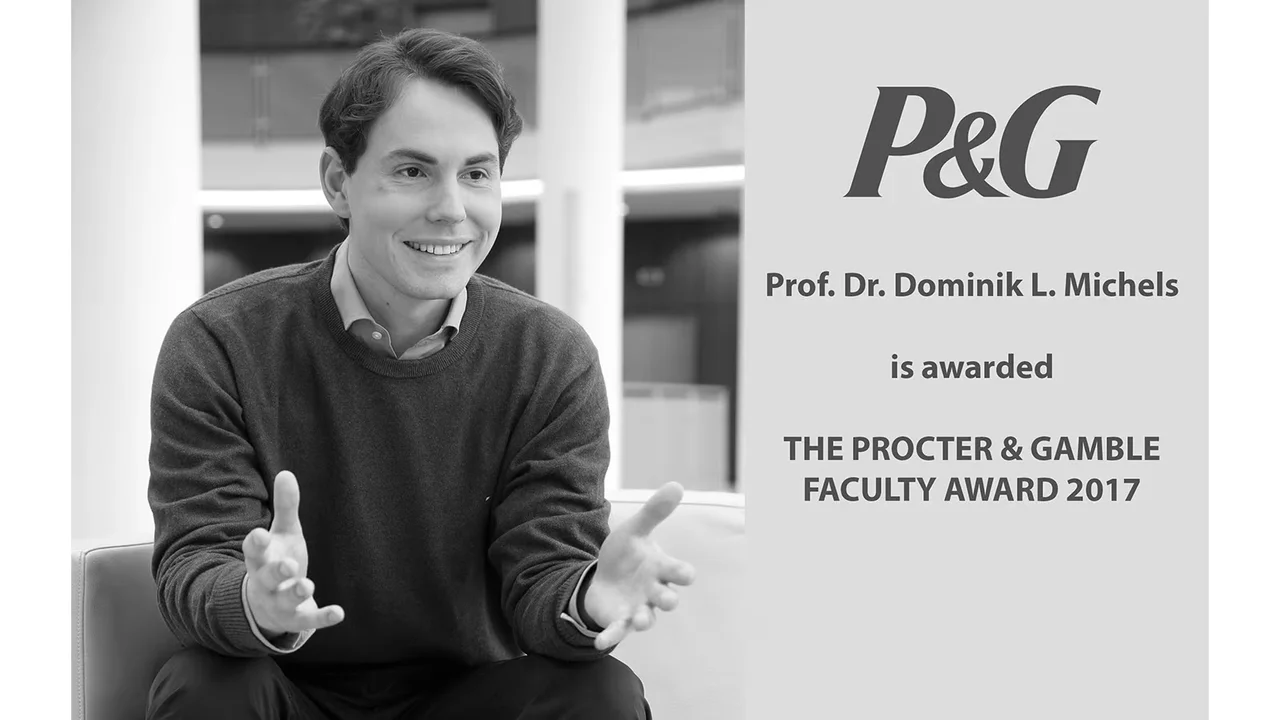
Dominik L. Michels receives the first Procter & Gamble Faculty Award
Dominik L. Michels, Computer Science and Mathematics faculty in the Computer, Electrical and Mathematical Science and Engineering Division (CEMSE) and head of the Computational Sciences Group within the Visual Computing Center (VCC), recently received the first Procter & Gamble (P&G) Faculty Award.
About
By Francesca Serra
Dominik L. Michels, Computer Science and Mathematics faculty in the Computer, Electrical and Mathematical Science and Engineering Division (CEMSE) and head of the Computational Sciences Group within the Visual Computing Center (VCC), recently received the first Procter & Gamble (P&G) Faculty Award.
His long-term collaboration with P&G envisages the technological transfer of computational tools that utilize state of the art achievements in artificial intelligence and machine learning.
Commenting on the award, Alan Maingot, vice president of Global Research & Development at P&G, said: "As our long-standing academic partner, Professor Michels contributed crucially to the development and integration of computer-aided product development techniques into P&G's workflow throughout multiple core branches of the company. We are delighted to provide him with this award for his breakthrough contributions to our innovation capability."
Michel's current research at KAUST includes examining the fundamental and applied aspects of computational mathematics and physics and addressing open research questions in algorithmics, computer algebra, symbolic-numeric methods and mathematical modeling to solve practically relevant problems in scientific and visual computing. Besides P&G, Michels established successful partnerships with international companies from various fields including the high-tech sector, cosmetics industry, the consumer goods branch, defence and military industry.
"P&G, however, is the world's largest and most profitable consumer products company serving nearly five billion people worldwide on a daily basis," Michels said, "Having such a significant impact on practical matters tells a lot about the enormous relevance of our work."
Michels gained his master degree and Ph.D. in mathematics and the natural sciences at the University of Bonn. He did his postdoctoral studies in computing and mathematical sciences at Caltech and later joined Stanford's Computer Science Department before coming to KAUST.
